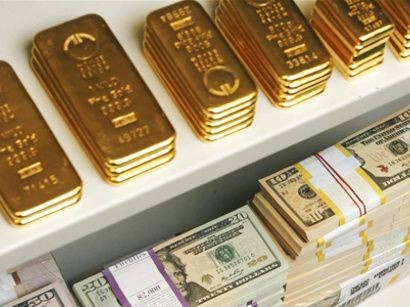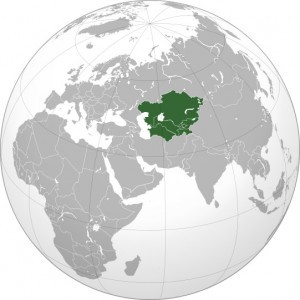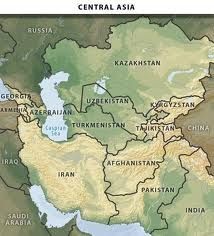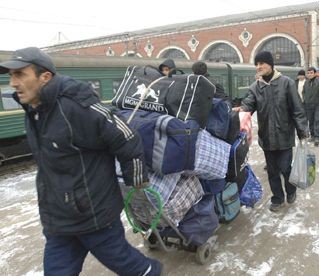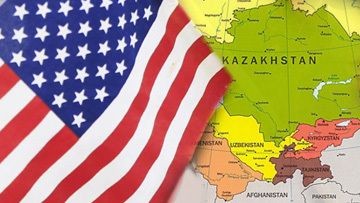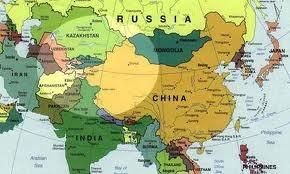Gold production grew 31% in 2015 in Tajikistan
DUSHANBE (TCA) — Tajikistan’s gold production in 2015 grew 31.6 percent and silver production increased by 61 percent compared to 2014, Avesta news agency reported citing Tajik Minister of Industry and New Technology Shavkat Bobozoda.


